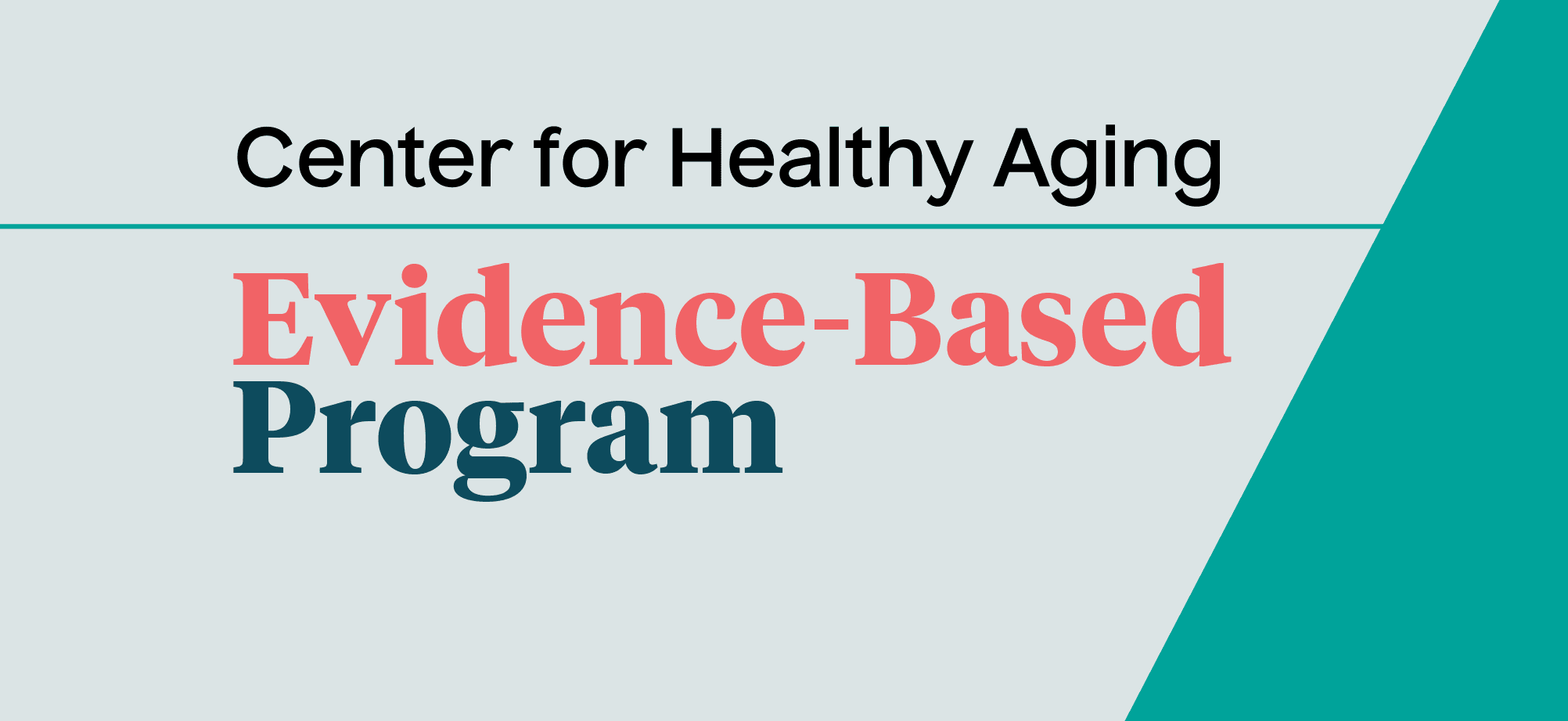
HomeMeds is an important medication safety intervention that is a perfect means for attracting contracts with health plans, health systems and provider groups. It is relatively easy to implement and affordable. The program activities consist of:
- In-home collection of comprehensive medication inventory, interview related to adherence and potential adverse effects (falls, dizziness, confusion), documentation of 2-position vital signs
- Entry of medication and other assessment information into web-based HomeMeds software
- Review by pharmacist (or nurse practitioner or physician) of any alerts for potential medication-related problems
- Recommendations for medication changes made to prescriber(s) and/or client/family
- Training provided either in person or online for staff doing the home visit and medication assessment. Startup and program design consultation required. Monthly license fee for access to software.
- Target audience: Older adults and people with chronic conditions treated with medications
- Health outcomes:
- Improved medication use overall: Assessments occurred at baseline (within 2 weeks of admission) and at follow-up (between 6 and 12 weeks after the baseline assessment). At follow-up, the percentage of patients with an improvement in medication problems was higher for the intervention group (50%) than the control group (38%) (p = .05)
- Improved use of cardiac medications: At follow-up, the percentage of patients with an improvement in cardiovascular medication problems was higher for the intervention group (55%) than the control group (18%) (p = .017)
- Decreased therapeutic duplication: Assessments occurred at baseline (within 2 weeks of admission) and at follow-up (between 6 and 12 weeks after the baseline assessment). At follow-up, the percentage of patients who stopped using at least one duplicative drug was higher for the intervention group (71%) than the control group (24%) (p = .003)
- Please consult the ACL ADEPP report or our AHRQ Innovation Exchange profile.
- Delivered by: 1 Faciiltator, who may include coaches, nurses, social workers/mental health therapists, pharmacists, community health workers, anyone trained to go into the home and do assessments
- Program type: Individual
- Format: In-person at home, telephone, remote
- Length: One home visit and any needed follow-up between the pharmacist, provider, and client/family
- Training: in-person or remote
- Professional required: Yes, pharmacist, nurse practitioner or physician must review any alerts generated by HomeMeds indicating potential medication-related problems and communicate with the client, family, and prescribers
- Accessibility adaptations available: No
- Cultural adaptations available: No
- Available in languages other than English: Spanish
- Data collection: All data is collected within HomeMeds and is accessible by Partners in Care Foundation and the licensee
- Topic(s):
- Medication Management
- Fall Prevention
- Pain Management
- Behavioral Health
- Substance Use
- Contact: homemeds@picf.org
- Additional information:



